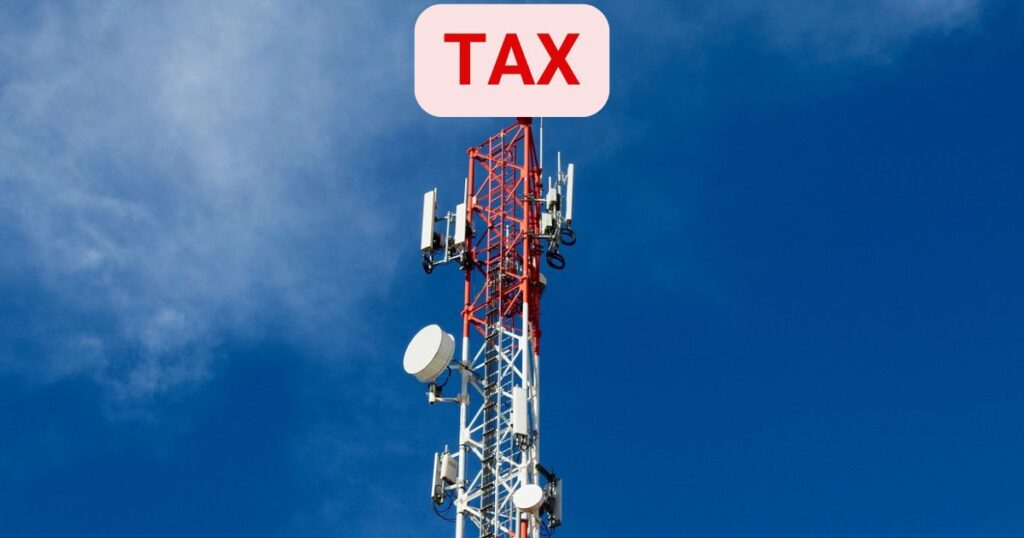Florida TaxWatch recommends a sales tax reduction moratorium on what is known as the Local (CST) Communication Services Tax.
CST tax is levied on the sale of telecommunications services such as telephone (landline, mobile, voice internet), cable and other video services, and at-home satellite television.
According to a recent report from Taxwatch, there are 481 jurisdictions in Florida that impose CST, making it difficult to determine the true “average” local rate. Due to many differences in the way states tax different communication services, it is difficult to compare tax rates.
“Florida’s High Communication Services Tax raises questions about regression, fairness, economic neutrality, the impact on Florida’s business’s competitiveness, and the appeal of Florida’s economic situation,” said Dominique M. Calabro, president and CEO of Florida Taxwatch.
The Tax Foundation, a national conservative group, covers wireless telephone services across the United States, according to the Tax Foundation. The average state and local wireless tax rate in Florida is 15.1%, the 15th highest tax rate in the country.
Some of the suggestions to address this high tax are as follows:

Sales tax exemption for broadband equipment
Exemption of broadband equipment from sales tax can also help develop high-speed internet services in areas that do not currently have it, and can also help develop rural communities.
These are two priorities for Congress. Modern and efficient communication systems, particularly broadband internet services, are essential for economic growth and competitiveness.
1. The suspension regarding increased local communications services tax will be extended until January 1, 2031.
2. Provides sales tax exemptions for communications and internet devices that are not used in areas that are not high-speed Internet or damaged by natural disasters.
Kurt Wenner, vice president of research at TaxWatch, says their reports show that the high CST impact on broadband infrastructure investment and consumer costs, as well as Florida’s current CST is at its best in the country, and how it is examining the impact on both businesses and low-income households that are particularly vulnerable to such essential tax-critical vulnerabilities.


